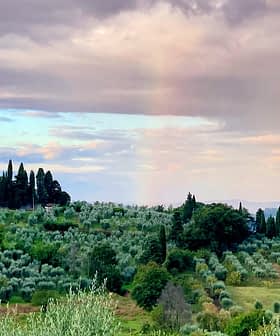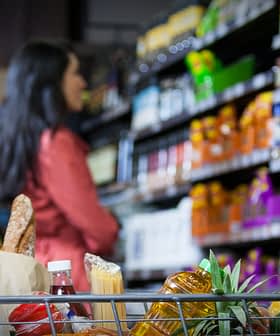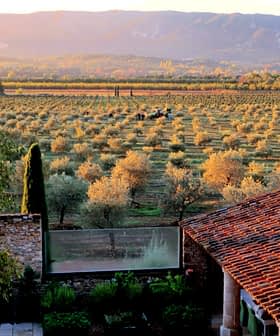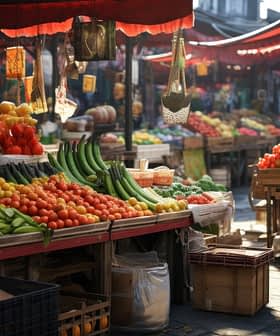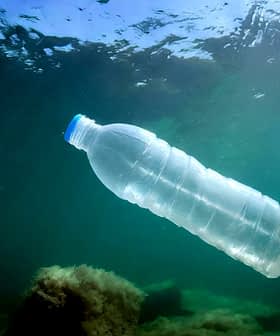Deoleo Touts Sustainability in U.S. Campaign
Deoleo has launched a new sustainability strategy by introducing sustainably sourced Bertolli and Carapelli olive oil brands in U.S. supermarkets, part of a larger effort to reduce its carbon footprint and invest in renewable energy infrastructure. This move follows a trend of increasing consumer demand for sustainable products, with Deoleo also planning to increase traceability through blockchain-backed QR codes on some bottles, joining other large olive oil producers in adopting this technology.
Deoleo, the world’s largest olive oil producer and distributor, has launched part of a new sustainability strategy.
The Spanish company said it would introduce its new “sustainably sourced” Bertolli brand and “original sustainable” Carapelli brand in supermarkets across the United States this summer.
According to Deoleo, the olive oil comprising these brands results from a sustainability strategy announced in 2019.
See Also:Future Lies in Specialized, Sustainable Production, Deoleo CEO SaysThe company said the process begins with olives and oil sourced from 680,000 hectares and 70 mills in Italy, Spain, Tunisia and Argentina following the company’s sustainability protocol.
Once transformed, the olive oil is stored in newly-designed bottles made from recycled plastic that Deoleo said also use 10 percent less material.
The company added that it continues to work on lowering the carbon footprint of its production, bottling and distribution facilities by investing in energy-efficient equipment and installing renewable energy infrastructure.
“As the world’s largest olive oil company, we have a responsibility to our heritage, our industry, and most importantly, our consumers to deliver sustainability,” Deoleo North America chief executive Thierry Moyroud said.
“We will continue to drive toward this goal through a holistic approach that addresses every step of the process,” he added. “The sustainability conversation is multifaceted, and while these new SKUs [brands] are significant, they represent a small part of our global vision.”
Deoleo’s decision to invest in sustainability and aggressively market the strategy follows a trend of increasing consumer demand for sustainable goods.
A 2021 study by pricing consultancy Simon-Kutcher & Partners found that more than one-third of global consumers are willing to pay more for sustainably produced products.
The study surveyed over 10,000 people in 17 countries and found that 60 percent of consumers listed sustainability as an important purchase criterion. In the U.S., this figure rose ever so slightly to 61 percent.
Along with its sustainability efforts, Deoleo also announced plans to increase traceability by introducing a blockchain-backed QR code on some of its bottles. By scanning the code with a smartphone, consumers can trace the entire production chain for its Carapelli 100% Italian brand.
QR code-enabled smart labels are also an emerging trend in the industry, with a range of large producers and distributors adopting the technology in recent years.
Last year, California Olive Ranch, the largest olive oil producer in the U.S., introduced its own QR code label to boost transparency around its imported and made-in-California brands.
CHO America, the U.S.-based branch of the large Tunisian olive oil producer, announced an effort to use blockchain technology to ensure traceability in 2021.
Both CHO America and Deolo have partnered with IBM to introduce the technology. IBM Spain has been working to introduce the technology that underpins cryptocurrencies and other digital assets in the olive oil industry since 2019.
“When [the consumers] scan the bottle, it will show them the region where the olives were harvested, when they were crushed, when the oil was filtered, when it was packaged and when it was analyzed for shipment,” CHO America chief executive Wajih Rekik said at the time.




